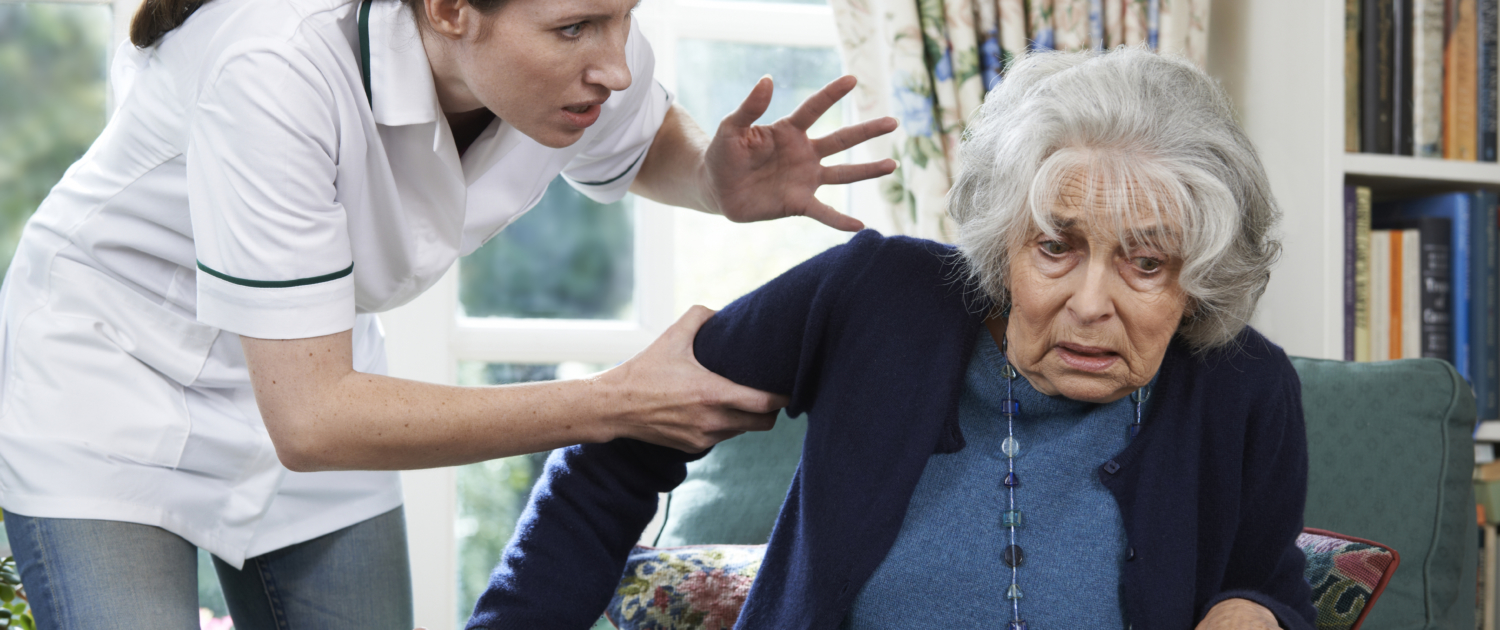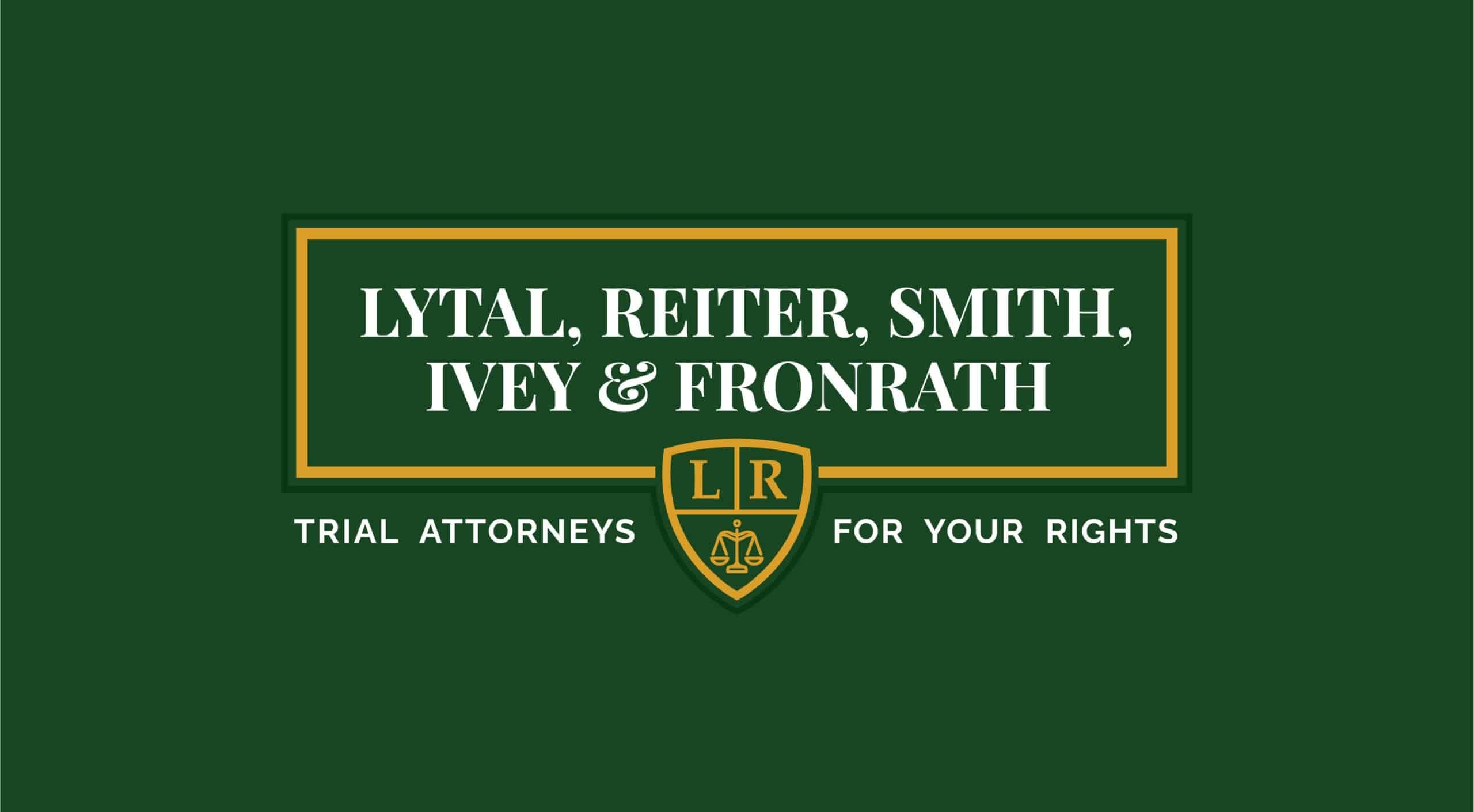
When elderly loved ones get to the point where they cannot be left alone safely, most families have no alternative to placing them in a nursing home or other institution, especially when physical limitations are combined with signs of dementia. While many elder-care institutions provide good care, the vulnerability of the elderly patient population and the constant pressure on for-profit institutions to cut costs results in a system in which neglect and abuse are unfortunately not uncommon.
One in Three Nursing Homes Investigated for Abuse
The National Center on Elder Abuse has reported that one in three nursing homes in the U.S. had been investigated for cases of reported abuse or neglect during a specific two-year period. Fifty percent of nursing home staff admitted that they had personally abused or neglected a resident during the previous year. Most cases of abuse were committed by staff, but in over 20 percent of the reported cases, the abuser was another resident of the facility.
Nursing home patients are especially vulnerable because they often cannot clearly describe what has happened, and they often fear retaliation from staff members. Even if the patient is able to clearly describe the incident, the home’s staff and even the patient’s own doctor may explain that confabulation – making up stories about things that never happened – is in itself a symptom of dementia. Even if a person has a history of confabulation, this does not mean that the incident did not happen. In these circumstances, it is even more important to look for other evidence that may support a claim of abuse or neglect.
It is important to keep the following signs of possible abuse or neglect in mind when you visit a nursing home patient:
- Significant weight loss. While many patients will lose weight in their final months, a sudden loss of interest in food may signal problems with teeth or dentures, difficulty with self-feeding, or a patient who needs to be hand-fed not being given the necessary opportunity to eat enough to maintain health
- Signs of dehydration (dry mouth or eyes, dark urine, a patient who drinks thirstily when liquids are made available).
- Poor patient hygiene or unsanitary living conditions in areas of the home, especially in bathrooms and food preparation areas.
- Repeated infections, especially of the skin and urinary tract.
- Bedsores – while superficial bedsores are not uncommon in patients who cannot walk well, deep or infected sores are a sign that proper medical care is not being provided.
- Cuts, bruises, welts or other signs of physical injury that could have been caused by a fall.
- The use of physical or chemical restraints — giving patients high dosages of drugs or drugs that have not been approved by the FDA for the use of keeping dementia patients calm. While these drugs are sometimes necessary, they are often used as a substitute for proper staffing levels and staff training in how to communicate with patients.
- Any other unexplained deterioration in a patient’s condition, which could be the result of missed medication doses or mistakes in calculating the correct dosage, or lack of medical attention that allows new symptoms to go unnoticed until they become dangerous or even fatal.
The following are some of the most common signs that a patient may have been physically or emotionally abused:
- Unexplained changes in behavior, including agitation, withdrawal or crying spells.
- A sudden increase in complaints about living conditions and staff in general or specific staff members.
- Signs of fear including avoiding physical contact or eye contact with a specific staff member, agitation when left alone with staff during or at the end of a visit.
- Signs of sexual abuse, including unexplained vaginal infections.
- Any unexplained physical injuries, including bruises, broken bones, strains or sprains, or head or spinal injuries. Any new source of pain should be considered a sign of abuse until it has been adequately explained.
No one wants to think that a staff member or an institution that is supposed to protect and care for an elderly person could be neglecting or abusing them. If you believe that your loved one may be showing signs of abuse or neglect, it is imperative that you call the Florida Abuse Hotline at 1-800-96-ABUSE immediately. As soon as your loved one is safe, the next step is to consult with an experienced nursing home attorney. When a family member can no longer protect themselves, their only hope to prevent future victimization may be your continued vigilance.




